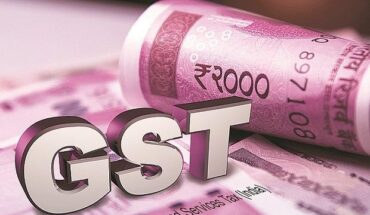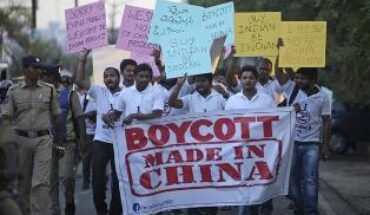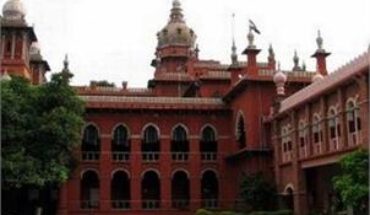New Delhi : Northern India’s micro, small, and medium enterprises (MSMEs) are bearing the brunt of the severe smog crisis engulfing Delhi-NCR and neighbouring states.
The dense haze has disrupted operations across 3.4 million MSMEs in Punjab, Haryana, and Delhi, impacting nearly 7 million workers, according to a report by the Economic Times.
The PHD Chamber of Commerce and Industry (PHDCCI) has flagged escalating costs and operational challenges for MSMEs as they struggle to cope with the hazardous air quality.
Hemant Jain, PHDCCI president, highlighted that enforcement of Stage IV of the Graded Response Action Plan (GRAP) has halted construction and demolition activities in the National Capital Region (NCR), further straining industrial operations.
Former President of Federation of Indian Micro and Small & Medium Enterprises (FISME), Dr Animesh Saxena whose garment factory is located in Gurgaon, says that frequent breakdown in power during the season rubs the sold on the wound of most small units as they cannot afford gas based power generators.
“In spite of the recurring issue every year, the gas pipelines have not been laid across NCR and the MSMEs in these areas continue to suffer every year”, he added.
Another victim of the GRAP restrictions is on all construction activities.
“In factories expansion, erection, commission and installation of new machinery are on-going exercises, but the GRAP prohibits all construction work affecting the normal functioning of industry”, says Neeraj Kedia, Chairman of Banking and Finance Committee of FISME.
Transportation bottlenecks caused by poor visibility and health-related absenteeism among workers have delayed supply chains and reduced productivity.
Jain noted that industries have been forced to adopt expensive mitigation measures such as air purification systems, cleaner fuels, and protective masks to ensure continuity of operations.
“Prolonged exposure to the smog is not only affecting workers’ health but also extending production delays, pushing costs higher for small and medium businesses,” said Jain.
The long-term outlook for MSMEs in the region is concerning, as poor air quality could deter potential investors and clients. Jaideep Aahuja, chairman of the Confederation of Indian Industry (CII) Delhi state, expressed fears that sustained pollution levels may undermine the region’s competitiveness, discouraging multinational companies and start-ups from engaging with local businesses.
Efforts to reduce stubble burning, a significant contributor to the smog, and proposals such as cloud seeding have been tabled but require swift implementation.
The smog, which has blanketed the region for seven consecutive days, saw air quality index (AQI) readings reaching the “severe plus” category, further complicating MSMEs’ operations.
With millions of livelihoods at stake, the ongoing crisis underscores the urgent need for collaborative solutions to safeguard the economy and workforce in northern India.






